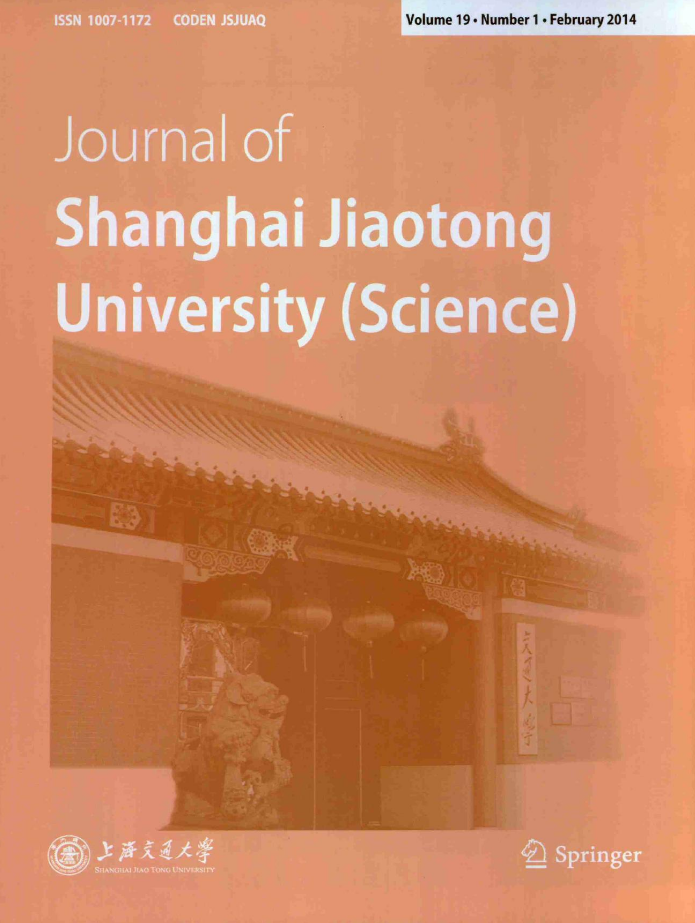|
|
An Enhanced Safe Distance Car-Following Model
YANG Da1,2,3* (杨 达), ZHU Li-ling1 (祝俪菱), YU Dan1 (于 丹),YANG Fei1,2 (杨 飞), PU Yun1 (蒲 云)
2014, 19 (1):
115-122.
doi: 10.1007/s12204-014-1479-5
Gipps’ model, a well-known safe distance car-following model, has a very strict restriction on the
car-following behavior that the following vehicle has to maintain the exact safe distance to the leading vehicle
to avoid rear crash. However, this restriction is not consistent with the real traffic condition. Due to that, an
enhanced safe distance car-following model is proposed first, and then calibrated and evaluated using the field
data. Furthermore, the simulation is conducted to analyze the characteristics of the new model. The results of
evaluation and simulation illustrate that the proposed model has higher simulation accuracy than the original
Gipps’ model, and can reproduce the stable flow and shock wave phenomena that are very common in real traffic.
Moreover, the simulation results also prove that the enhanced model can better stabilize the traffic flow than
Gipps’ model.
References |
Related Articles |
Metrics
|

